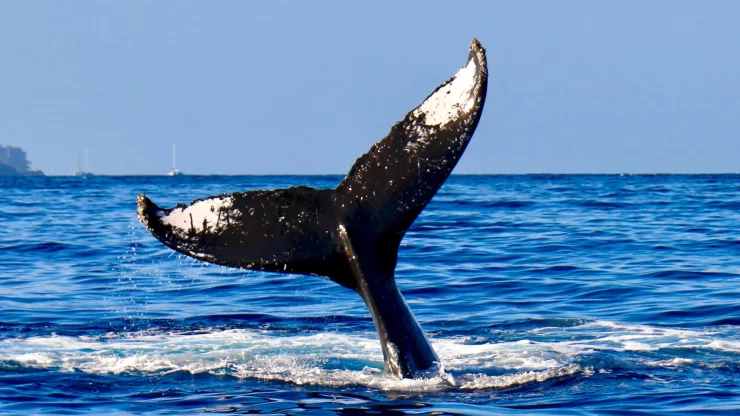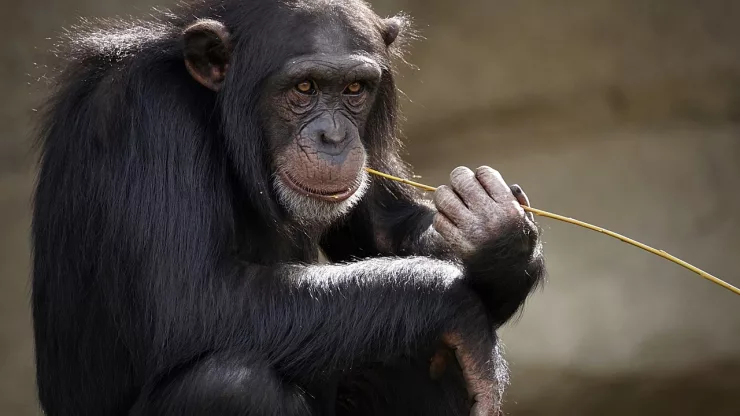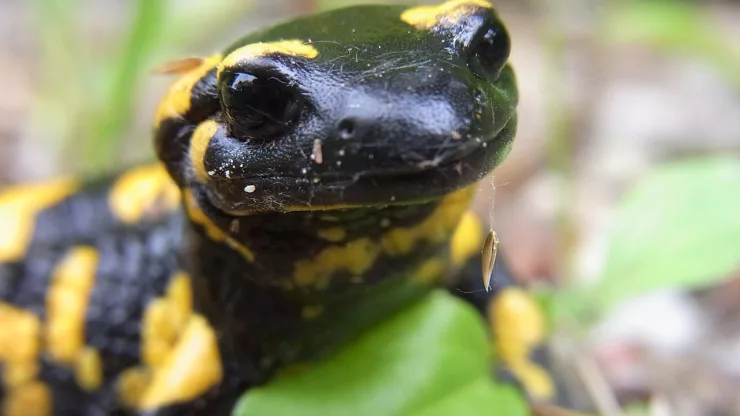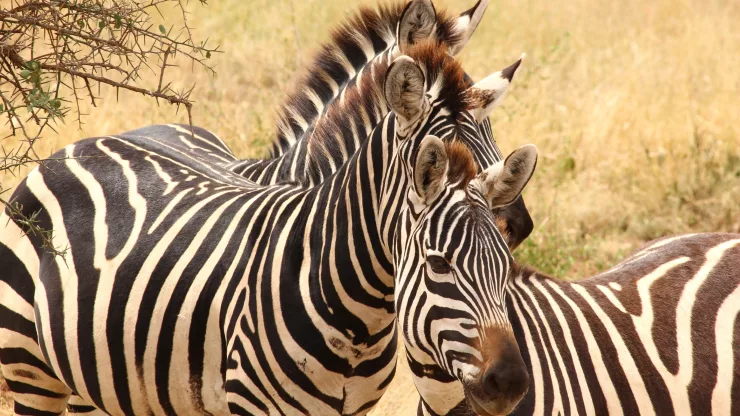Whales are one of the most fascinating creatures on the planet. They are known for their enormous size, intelligence, and unique behaviors.
If you are interested in learning more about these magnificent creatures, then you have come to the right place.
Here are some fun and interesting facts about whales that you may not know.
-
There are two types of whales: toothed whales and baleen whales.
Toothed whales, such as killer whales and sperm whales, have teeth and are predators that hunt for food.
Baleen whales, such as humpback whales and blue whales, have baleen plates instead of teeth and filter small animals, such as krill, from the water.
-
The blue whale is the largest animal on Earth, weighing up to 200 tons and growing up to 100 feet in length.
Their heart alone can weigh as much as a car and their tongue can weigh the same as an elephant.
-
Whales are highly intelligent and social creatures.
They have their own language and communicate with each other through a series of clicks, whistles, and songs that can last for hours.
-
Whales are also known for their long migration patterns. Some species travel up to 10,000 miles each year between their feeding and breeding grounds.
-
The humpback whale is known for its acrobatic displays, such as breaching and tail slapping.
They are also known for their beautiful songs, which can be heard for miles underwater.
-
Narwhals are a type of toothed whale that live in the Arctic waters.
They are known for their long, spiral tusks that can grow up to 9 feet in length.
Scientists are still unsure of the purpose of these tusks.
-
Whales have a vital role in the ecosystem.
As filter feeders, baleen whales help to maintain the balance of the ocean’s food chain by consuming large amounts of plankton and small fish.
Toothed whales, on the other hand, help to control the population of certain marine animals.
-
Whaling has been a major threat to the survival of whales.
While commercial whaling has been banned since 1986, some countries still continue to hunt whales for their meat and blubber.
-
In recent years, whale watching has become a popular activity around the world.
It provides an opportunity for people to see these amazing creatures in their natural habitat and raises awareness about the importance of conservation efforts.
In conclusion, whales are truly amazing creatures that deserve our admiration and protection.
From their enormous size to their complex social behaviors, there is so much to learn and appreciate about these majestic animals.
FAQ
What is the lifespan of a whale?
The lifespan of a whale varies by species. Baleen whales can live up to 70 years, while toothed whales can live up to 100 years.
How do whales navigate?
Whales navigate using a combination of echolocation, the Earth’s magnetic field, and their own memory of migration routes.
Do whales have any natural predators?
Orcas are known to prey on smaller whale species, such as the gray whale and the humpback whale. However, no other animal preys on adult whales.
How can I help protect whales?
You can help protect whales by supporting conservation efforts and organizations, reducing your plastic use to prevent pollution in the oceans, and choosing sustainable seafood to prevent overfishing.

I am a fun fact enthusiast and creator of Facts On Tap.
I love to share my knowledge and curiosity with readers and inspire them to learn something new every day.
When I’m not writing, I enjoy traveling, reading, and playing trivia games with my friends.




